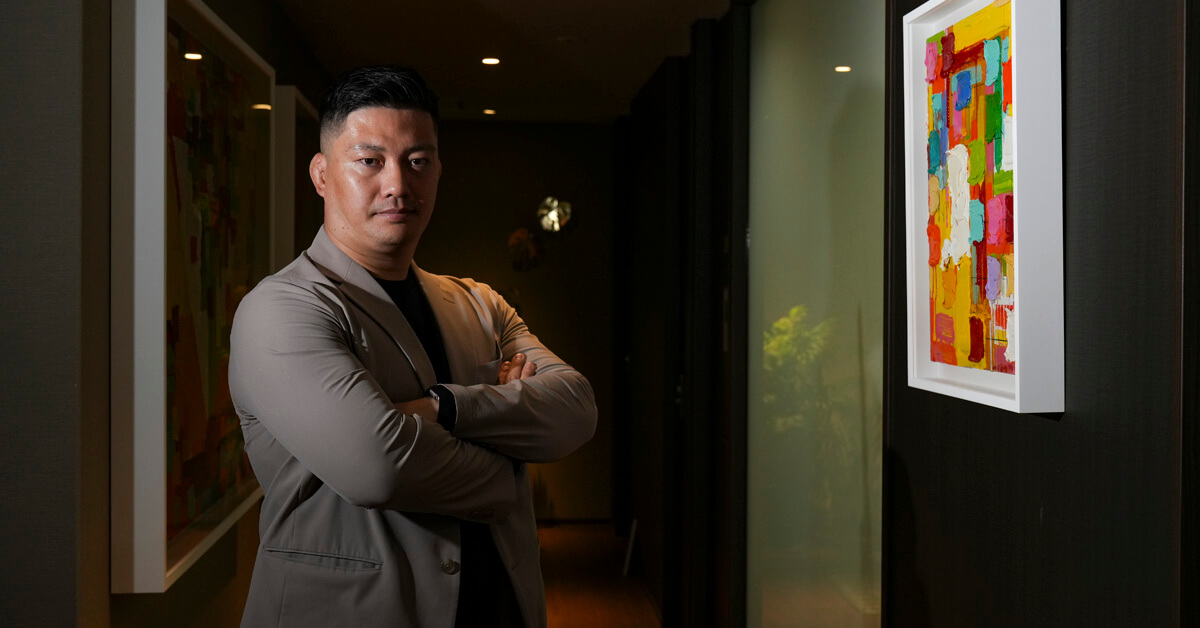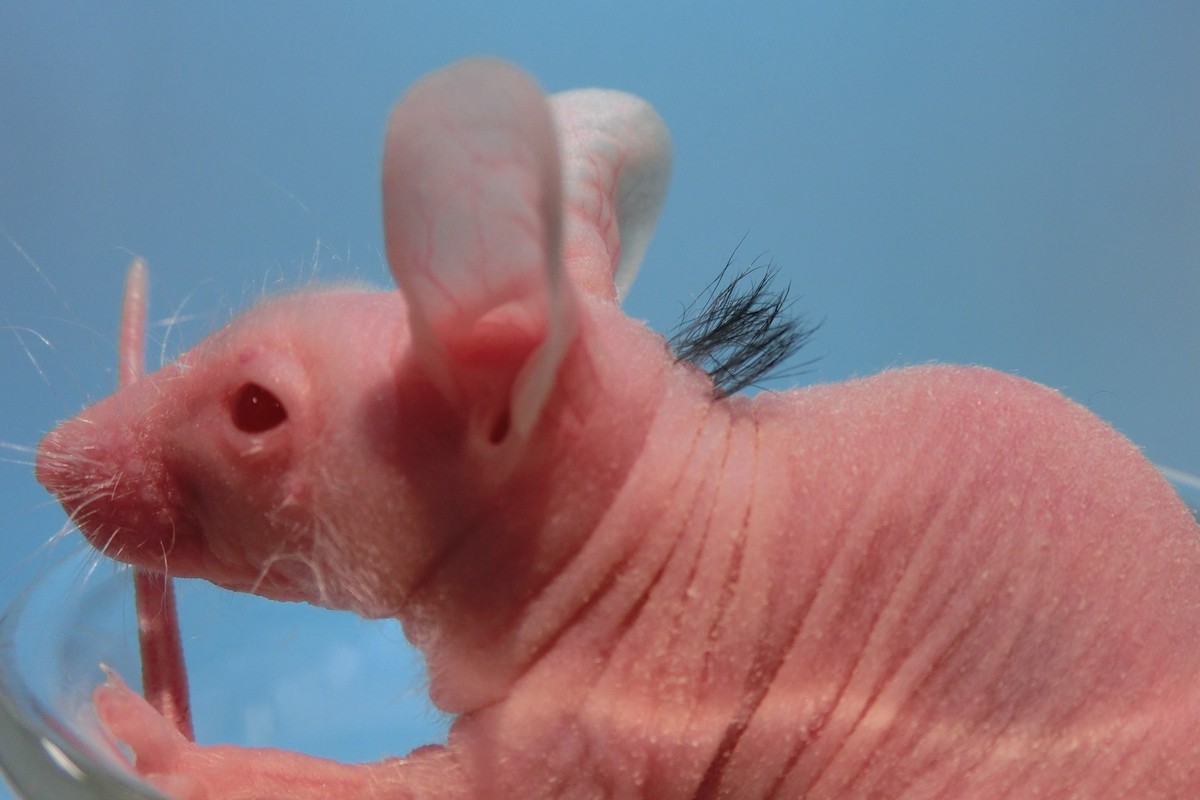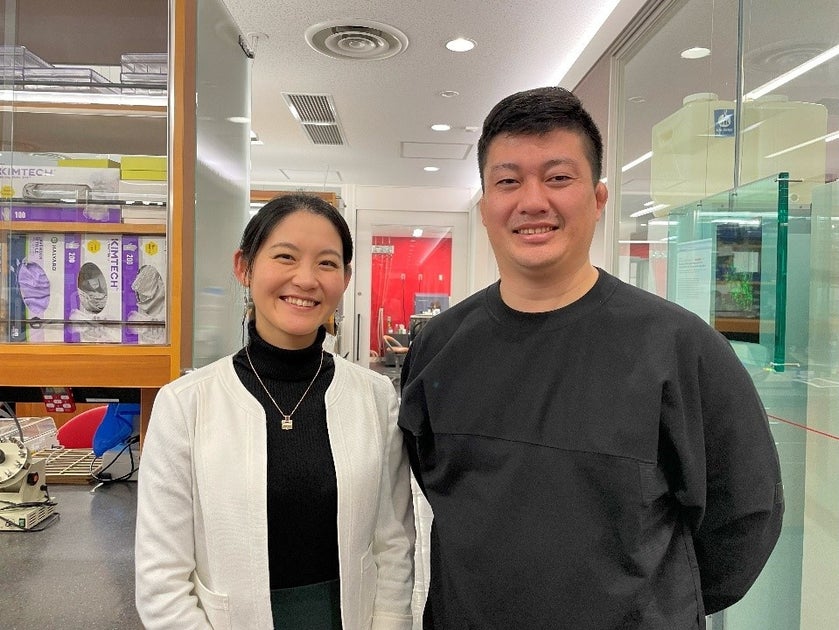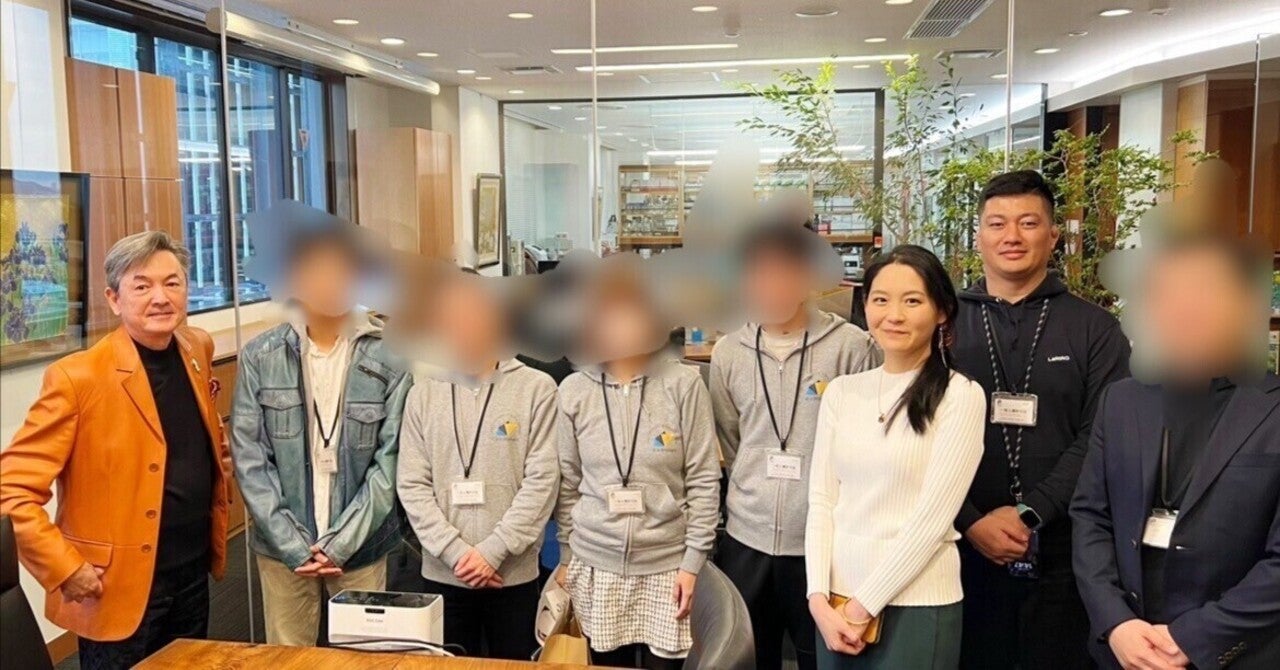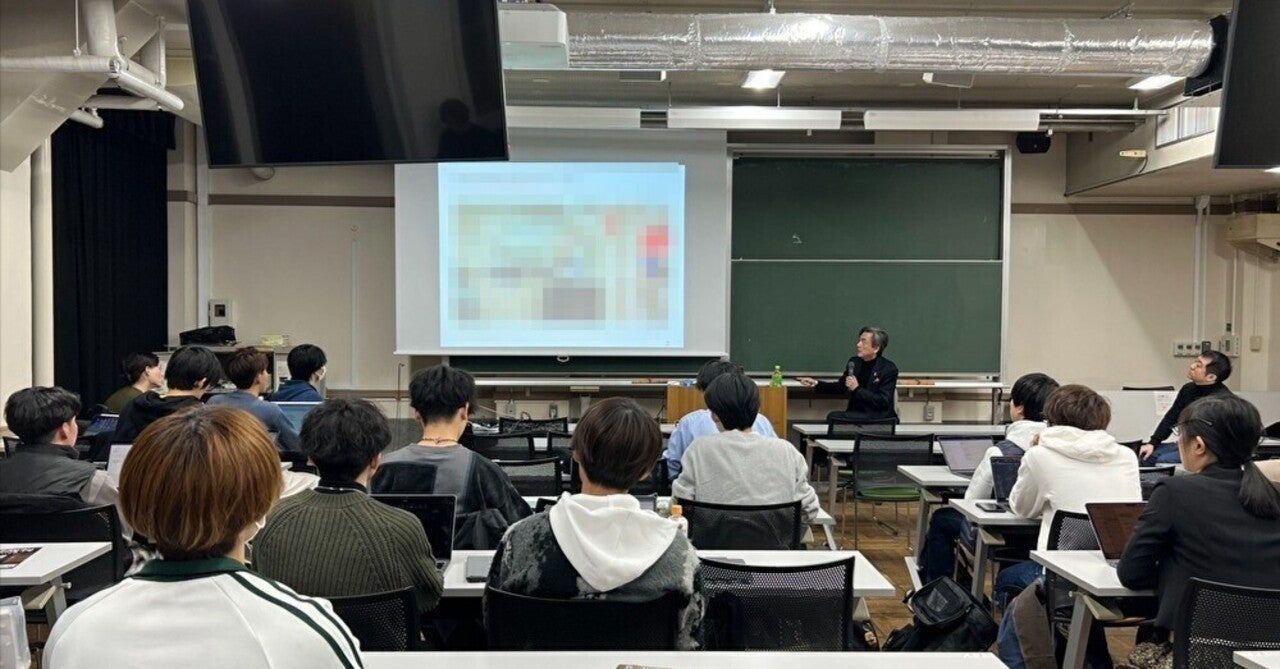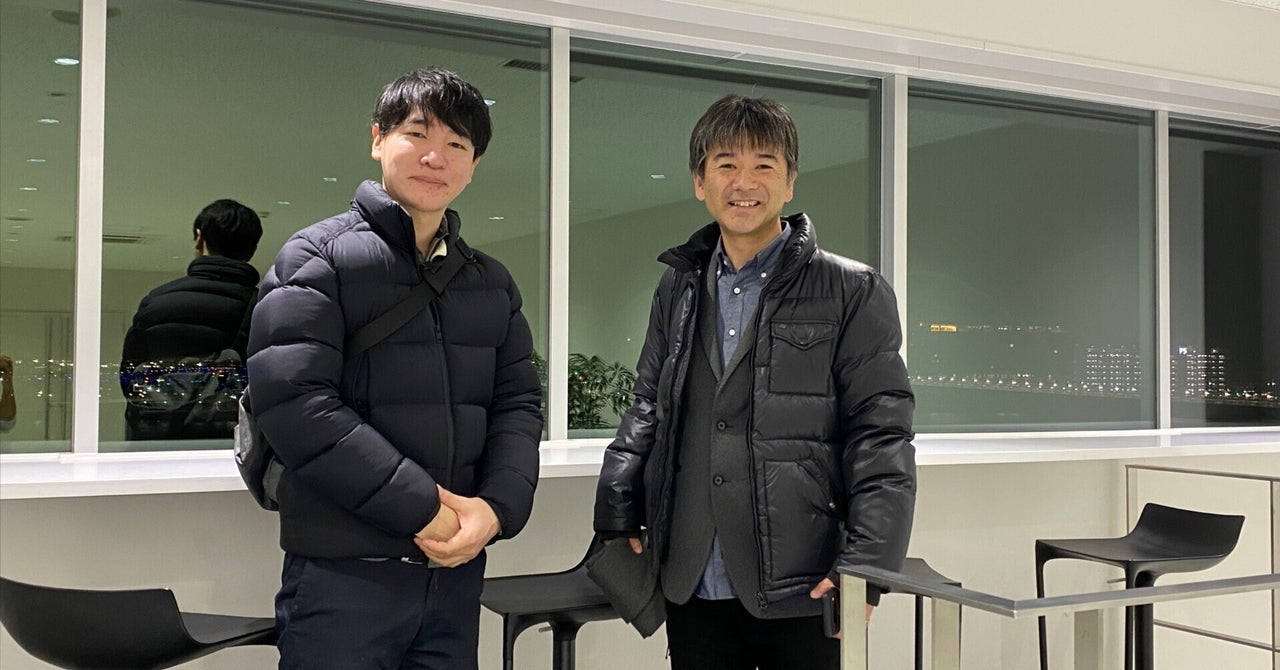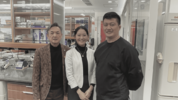New interview with famous hair loss scientist Junji Fukuda and Fukuda Lab:
2024年2月、横浜国立大学 理工学部 教授 福田先生のラボにお邪魔しました。 福田先生はすでにご存知の方も多いかもしれませんが、毛髪再生医療の最先端の先生で、これから日本でも始まる毛乳頭細胞の移植などにも深く関わってらっしゃる先生です。 Kanagawa Life Innovation Center 前で福田教授と ラボは無菌室や顕微鏡、培養装置などがたくさんありました。 一息ついてから、福田教授のプレゼンとディスカッションに移りました。 現在、毛髪再生医療で進めている施策は以下の3つとのことでした。 1,毛乳頭細胞の移植(重層化培養) 2,毛包原基の移植 3,生体外での再生

note.com
He expecting to start clinical trials only for his dermal papilla cells technology, which in really, from my perspective, will bring limited results. He is not very optimistic about hair cloning in near future, and he believe that hair cloning/hair organoids will be test in humans about 10 years from now. Also, he confirmed that Dr. Tsuji method should regrown hair in reality (hair follicle primordium), but directions and thickness of the hair will be problem from aesthetic perspective. Your opinion? Do you think that Dr. Tsuji and OrganTech resolve all those things?
